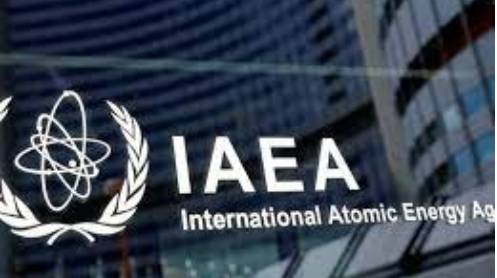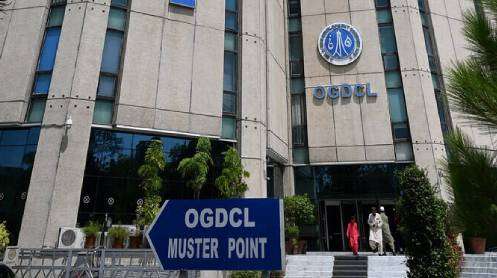ISLAMABAD: The Asian Development Bank (ADB) has raised serious concerns over Pakistan’s struggling power sector, revealing that weak governance, lack of transparency, and outdated regulatory frameworks continue to cripple the performance of distribution companies (Discos) — despite repeated reform claims by the Power Division.
According to sources in the Ministry of Economic Affairs, the ADB’s findings were shared during a recent mission visit, where the bank underscored how chronic inefficiencies, mounting losses, and governance lapses have left Discos unable to secure commercial financing, forcing them to depend on limited public and donor funds for critical investments.
The ADB mission observed that the recent replacement of the Pakistan Electric Power Company (PEPCO) with the Power Planning and Monitoring Company (PPMC) has failed to inspire confidence. Insiders described PPMC as a “parking space” for retired officials receiving lucrative salaries, including a CEO reportedly earning Rs3 million per month, despite earlier being declared ineligible for another senior role. Similarly, a Chief Strategy Officer with no prior energy experience has been hired on a Rs0.5 million monthly package.
ADB experts pointed out that Pakistan’s Discos are trapped in a cycle of high transmission and distribution losses, low recovery rates, and weak accountability mechanisms, which have undermined operational efficiency and service reliability. Due to poor financial performance, Discos remain locked out of commercial lending channels and miss key investment targets, resulting in persistent power outages and unreliable electricity supply.
The report emphasized the urgent need to upgrade Information and Communication Technology (ICT) infrastructure to improve system efficiency. Central to this transformation are Advanced Metering Infrastructure (AMI) and Advanced Planning and Monitoring Systems (APMS) — technologies designed to reduce losses, enable real-time consumption monitoring, and improve customer billing accuracy.
ADB also commended efforts to introduce Supervisory Control and Data Acquisition (SCADA) systems, which integrate AMI, APMS, and renewable energy resources for dynamic grid management. Through machine learning and big-data analytics, SCADA can enable predictive maintenance and proactive outage management — but only if backed by careful planning, technical expertise, and phased implementation.
Highlighting operational deficiencies, ADB noted that load-shedding and outages remain severe during peak demand. In FY2023, Lahore Electric Supply Company (LESCO) consumers experienced an average of two outages per month, each lasting about 4.8 hours — figures that may understate the actual situation during summer peaks.
The report further stressed that growing distributed renewable energy (DER) integration — particularly rooftop solar — and the anticipated rise of electric vehicle charging infrastructure are adding new challenges. These include voltage instability, reverse power flows, and overloaded transformers, all worsened by the absence of large-scale energy storage systems.
To ensure grid stability, the ADB urged Pakistan to accelerate grid modernization, deploy Flexible Alternating Current Transmission Systems (FACTS) for reactive power compensation, and adopt advanced protection and monitoring technologies.
The ADB concluded that without comprehensive reforms addressing governance, financial management, and technological modernization, Pakistan’s power sector will remain a persistent drag on economic growth and public finances.
Story by Mushtaq Ghumman







